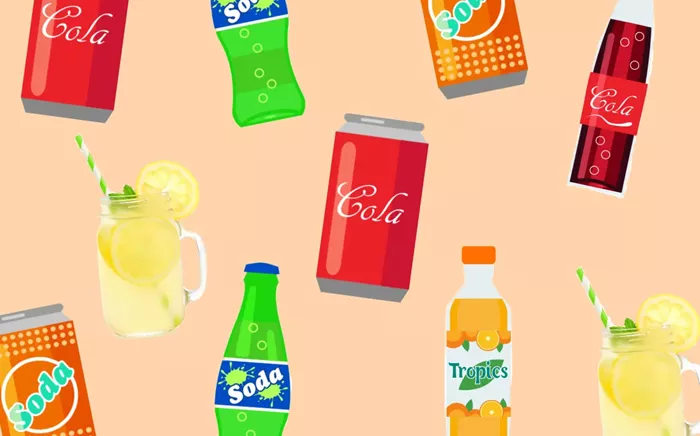The U.S. Department of Agriculture has approved Nebraska’s request to pilot a restriction on sugary drinks and energy drinks under the Supplemental Nutrition Assistance Program (SNAP). Under the waiver, participants using SNAP benefits in Nebraska will no longer be able to purchase sodas and similar beverages with their electronic benefit transfer (EBT) cards.
Agriculture Secretary Brooke Rollins praised the decision as a step toward improving the diet of low-income families. She said the pilot program will encourage healthier purchases and reduce consumption of added sugars.
Public health experts and advocacy groups have raised concerns about the waiver. They note that no previous program has tested limits on sugary drink purchases for SNAP recipients, so there is little evidence on how households will respond. Critics warn that the restriction could stigmatize participants or push some families to abandon SNAP altogether.
Some observers also view the waiver in the broader context of recent federal policy changes. In the past year, the administration has reduced funding for programs that supply fresh produce to food banks and schools, imposed new tariffs that raise grocery costs, and rolled back certain food‐safety and public‐health measures. Opponents say these moves have strained low‐income households and may undermine the very goal of improving nutrition.
Supporters of the pilot argue that targeting sugary drinks is an efficient way to curb diet‐related illnesses such as obesity and diabetes. They contend that SNAP should not subsidize beverages with little to no nutritional value. Yet without data from a controlled trial, it remains unclear whether the benefits of the waiver will outweigh potential drawbacks for SNAP participants.
The Nebraska pilot will run for at least one year. USDA officials plan to collect purchase data and survey participating households. Those results could shape future decisions on nutrition standards within SNAP.
Related topics:


